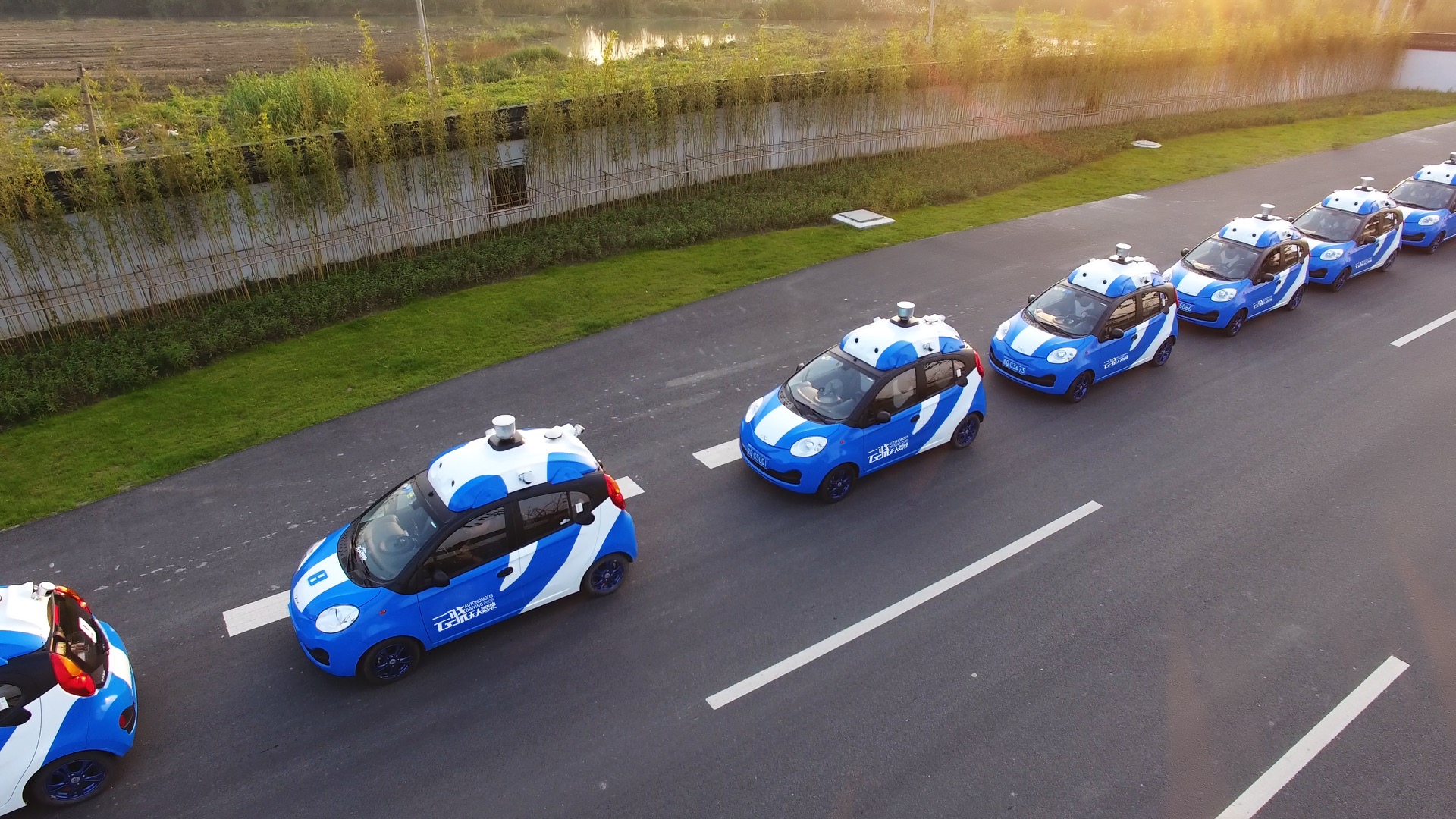

In a case that’s remarkably similar to the ongoing legal dispute between Waymo and Uber, Chinese tech giant Baidu is suing an autonomous-driving startup created by a former employee. Baidu accuses the startup, JingChi, of stealing its technology.
Baidu believes its former self-driving car boss Wang Jing stole proprietary technology and poached staff when he left the company to found JingChi. Wang told Chinese media that the allegations are baseless. Baidu is reportedly seeking 50 million yuan ($7.6 million) plus legal costs, and an injunction that would prevent JingChi from using the allegedly-stolen technology.
The case should seem familiar to anyone following Waymo’s lawsuit against Uber. That dispute centers on Anthony Levandowski, a former Waymo engineer who left the company to found autonomous-driving startup Otto. The startup was bought by Uber in 2016, and Waymo alleges that Levandowski brought stolen trade secrets to his new employer. Levandowski was later fired by Uber for not cooperating with efforts to fight the lawsuit.
Baidu is one of the biggest Chinese players in self-driving cars. It’s currently developing an open software platform called “Apollo” that will be made available for different companies to use. Companies like Ford, Daimler, Intel, and Microsoft have all expressed interest, according to Baidu. The company is also partnering with fellow Chinese firm Shouqi to launch an autonomous ride-sharing service.
JingChi was founded in April 2017 but has already raised $52 million. The company has a U.S. base in Sunnyvale, California, and a permit from the California Department of Motor Vehicles to test self-driving cars on public roads. JingChi has said it will deploy “hundreds” of self-driving cars in Anqing City, China, beginning next year.